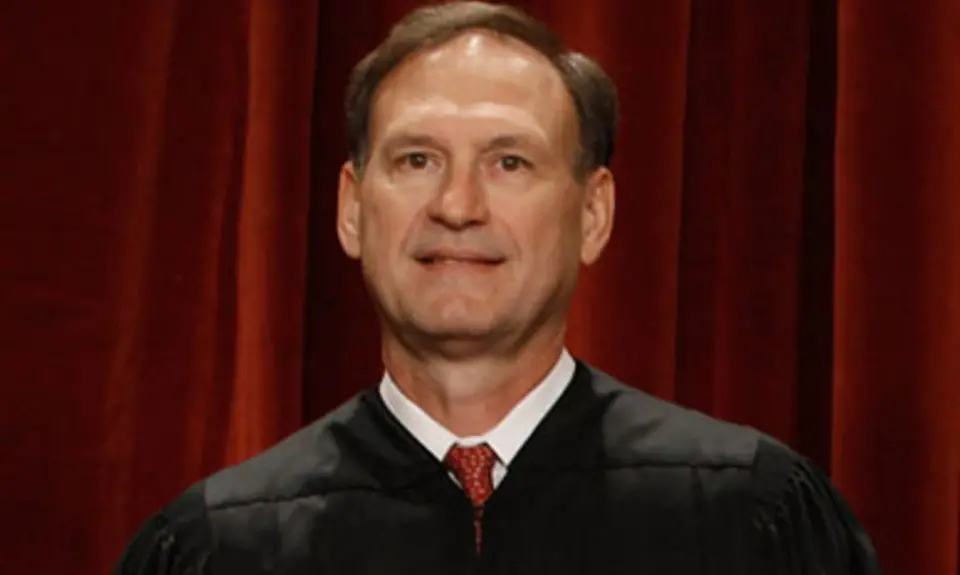As soon as the Chief Justice announced today that Samuel Alito had written the opinion in the labor rights case Harris v. Quinn, Americans knew it would be a bad day for working people.
The case involved home-care workers who earn their pay from Illinois Medicaid programs who objected to paying union fees to public-sector unions. Although the Court's majority, led by Alito, did not strike the devastating blow to unions that it could have in the case, it did invent its own shaky reasoning to exempt this particular class of employees from union fees.
We remember that Alito and his conservative colleagues revealed their political zeal to harm public sector unions in Knox v. SEIU two years ago. In addition to deciding the issue they'd been asked to address, they also ruled against SEIU on a second issue that was not before the Court. Workers lost on a constitutional issue that they were never even given a chance to argue, in violation of the Court's own rules, earning harsh criticism from Justice Sotomayor:
The majority's refusal to abide by standard rules of appellate practice is unfair to the Circuit, which did not pass on this question, and especially to the respondent here, who suffers a loss in this Court without ever having an opportunity to address the merits of the question the Court decides.
It is in that light that today's 5-4 ruling in Harris v. Quinn must be seen. The five conservatives knew what the result would be; the question was how to get there.
The majority sharply criticized the decades-old Abood v. Detroit Board of Education precedent, which recognized the constitutionality of "fair share" fees by public employees who do not join the union that is legally obligated to represent them. But their ruling falls short of overruling this important case. Instead, it relies in great part on the fact that the home healthcare workers in this case are subject to the authority of both the state and the disabled individuals who they care for. For this reason, they write, the Abood precedent doesn't apply.
In her dissent, Justice Kagan not only explained why Abood clearly applies here, she set out to protect it from attack in a future case. She explained the solid grounding on which the precedent rests and how it is "deeply entrenched" in our national culture:
The Abood rule ... is the foundation for not tens or hundreds, but thousands of contracts between unions and governments across the Nation. Our precedent about precedent, fairly understood and applied, makes it impossible for this Court to reverse that decision.
Her dissent (which the other three moderates joined) also contained this criticism of the majority's approach to the case:
The majority describes the petitioners as "partial" or "quasi" public employees, a label of its own devising. But employment law has a real name—joint employees—for workers subject at once to the authority of two or more employers (a not uncommon phenomenon). [internal citation removed]
In the unique style that has come to characterize many of her best dissents, Justice Kagan is basically saying that the conservatives are making it up as they go along. For a court that is supposed to base its rulings on the law, that's not a good thing.
